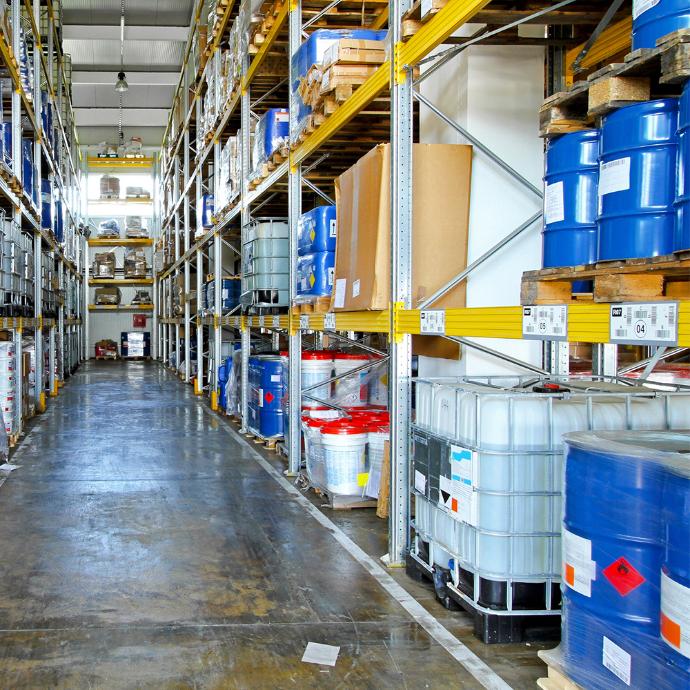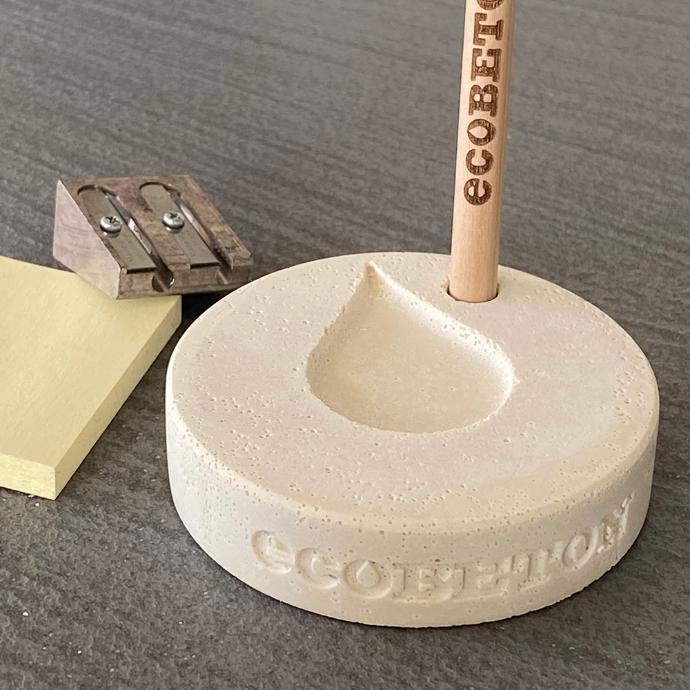Innovative green solutions based on geopolymer technology
by Ecobeton
HIGH PERFORMANCE GEOPOLYMERS BASED RESINS AND MORTARS FOR SPECIFIC APPLICATIONS:
We developed the project Geoteria to overcome some limits of classical resins and mortars in harsh environments.
Organic resins have problems with high temperatures; when heated over 300°C - 400°C, they release toxic vapours and odours, if not even burn.
Cement mortars, even the refractory ones, do not resist thermal shock. Damage is guaranteed if a drop of liquid steel falls on a concrete floor.
Both resins and cements have unfinished business with the environment. Switching to a far more sustainable technology could be the first step to improving your business.
After years of study and collaboration with geopolymer scientists, we recently released a class of geopolymer resins and mortars.
Extreme fire resistance
Fire and thermal shock behaviour: Geopolymers can withstand incredible thermal shocks without burning or releasing vapour or fumes. Heat resistance is more significant than Portland cement, with some products reaching over 1250 °C.
Strong as natural rock
Mechanical resistance is comparable to the higher class of Portland cement mortars (class R4, following the norms of the European community). Geopolymers have the same strength and endurance than natural rock.
High chemical resistance
Geopolymers are resistant to any chemicals that are usually harmful to organic polymers. The resistance to sulphuric acid, chloride acid and basic substances is far superior to any Portland cement.
Low CO2 emission
Sustainability above all: Compared to Portland cement, geopolymers concretes, cement and mortars can save up to 80% CO2 emission. Also, durability is far superior: the emissions spent creating a geopolymer spread over many more years, pushing sustainability to the next level.
THANKS TO GEOPOLYMERS A NEW CLASS OF PREMIUM PRODUCTS WITH UNIQUE FEATURES.
The first idea that comes to mind for people dealing with concrete and mortars is that geopolymers replace Portland cement. This is partially correct and a limiting idea that leads to some product design and application mistakes.
According to French scientist Joseph Davidovits, who coined the term "Geopolymer", geopolymers are ceramic-like inorganic polymers produced at low temperatures
What does it mean? First of all, they are polymers, like plastics. Approaching them from a cement expert or ceramist point of view is misleading, if not downright wrong. Inorganic means they consist of chains of mineral molecules, so, for example, geopolymer products do not burn.
You can obtain geopolymer mortars, resins, concretes, paints, composite fibre-reinforced materials, dental cement, and who knows what else from geopolymer chemistry.
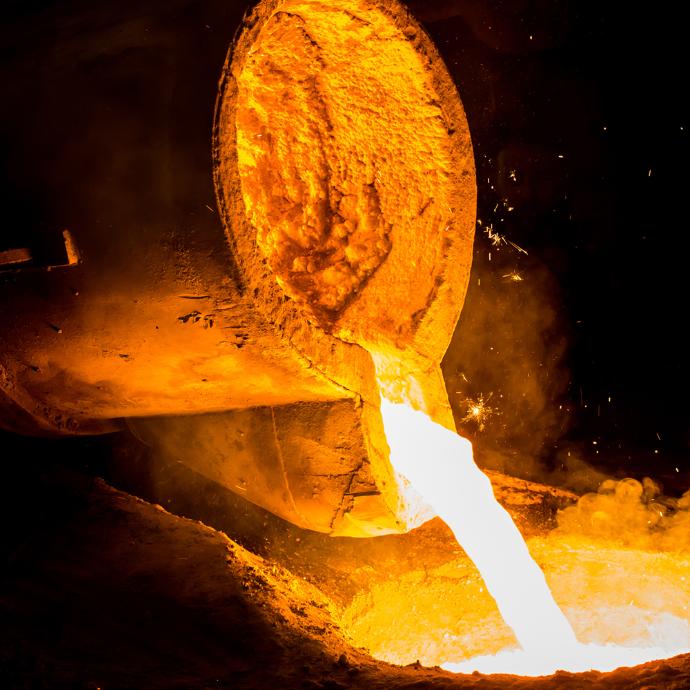
GT20
Is a geopolymer repair mortar designed for concrete restoration in high-temperature environments such as industrial furnaces or forges. It does not contain cement or other hydraulic binders, only a geopolymer binder and a selected set of natural or recycled aggregates. It hardens at room temperature, reaching 30 MPa in 24 hours and 70 MPa in 28 days. Geot20 has a fluid, thixotropic consistency.
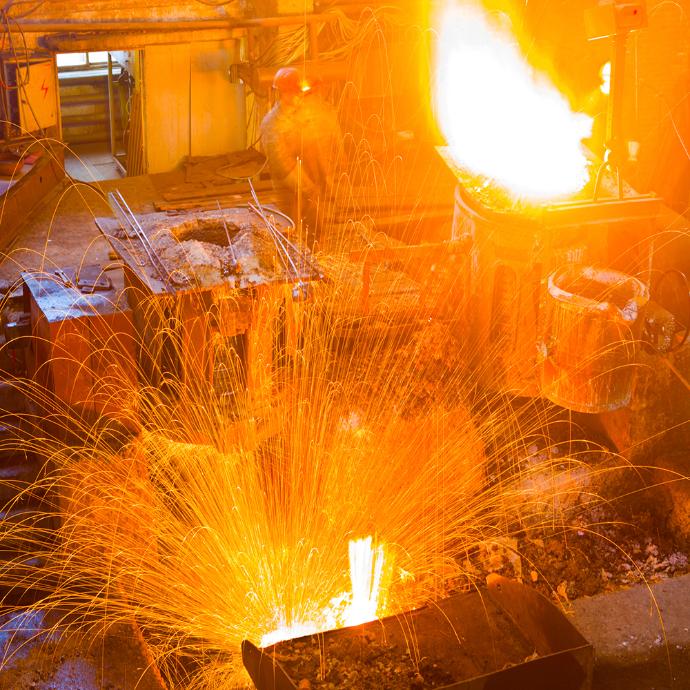
GT30
Is a geopolymer restoration mortar designed for concrete patching and restoration in high-temperature environments such as industrial furnaces or forges. It does not contain cement or other hydraulic binders, only a geopolymer binder and a selected set of natural or recycled aggregates. It hardens at room temperature, reaching 35 MPa in 24 hours and 80 MPa in 28 days. Geot30 has semi-dry workability for a more rapid recommissioning of installations.
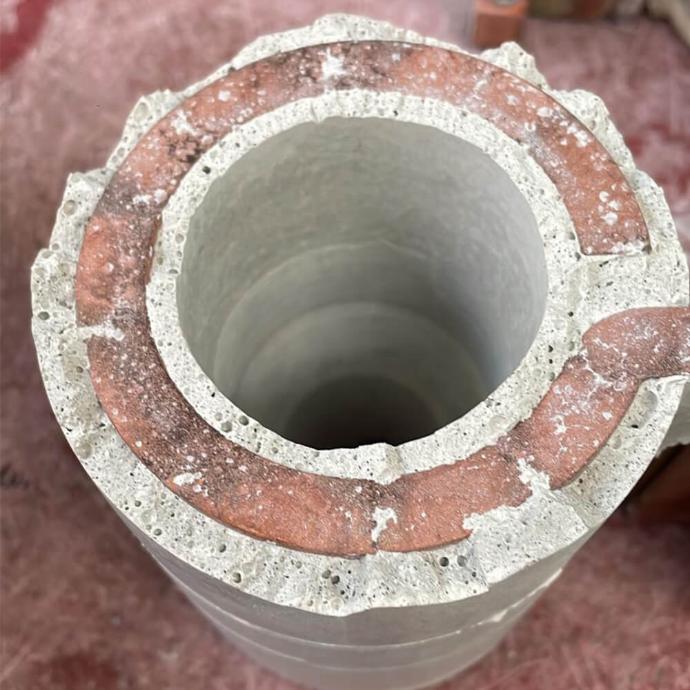
GT10
is a geopolymer resin designed as an electrical insulator material for the industry. It is a product that can be easily poured onto moulds or formwork and adheres perfectly to the shapes of electrical coils and other elements to be insulated. GeoT10 possesses high electrical resistivity and heat resistance.
